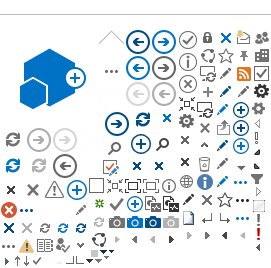Fission Battery Initiative
About the Fission Battery Initiative
Recent trends in energy development highlight the benefits of distributed energy generation to provide power off-grid or through microgrids to fulfill remote and expansive self-contained power needs. The development of new and future nuclear reactor technologies could provide simple, secure, reliable, and affordable systems that can readily integrate into a variety of applications. These cutting-edge technologies might be used more like battery systems to provide inexpensive and reliable electricity and heat.
The Nuclear Science & Technology Directorate has initiated a fission battery strategic grand challenge initiative to advance reactor concepts beyond the current plans for microreactor demonstrations, enabling broader use and faster deployment.
The Fission Battery Initiative will define and coordinate research and development of technologies that can fully achieve battery-like functionality for nuclear energy systems. Idaho National Laboratory and the National University Consortium invite you to attend and contribute to this thought-provoking virtual workshop series.
The initiative envisions developing technologies that enable nuclear reactor systems to function as batteries and to be referred as fission batteries.
To formalize the desired functionality, the initiative has adopted the following key attributes to be achieved: economic, standardized, installed, unattended and reliable.
Fission Battery Attributes
Economic: Cost competitive with other distributed energy sources (electricity and heat) used for a particular application in a particular domain. This will enable distributed energy resources through flexible deployment across many applications and integration with other energy sources.
Standardized: Developed in standardized sizes and power outputs with a manufacturing process that enables universal use and factory production. This will lower costs and produce more reliable systems that achieve faster qualification.
Installed: Readily and easily installed for use and removal after use. After use they can be recycled by recharging with fresh fuel or responsibly dispositioned.
Unattended: Operate securely and safely while unattended to provide demand-driven power.
Reliable: Systems and technologies must have a high level of reliability to provide a long life and enable wide-scale deployment for applications. To support the concept of remote monitoring, they must be robust, resilient, fault tolerant, and durable, and provide advance notification when replacement is needed.
Go to the Lightweight Materials Workshop page


